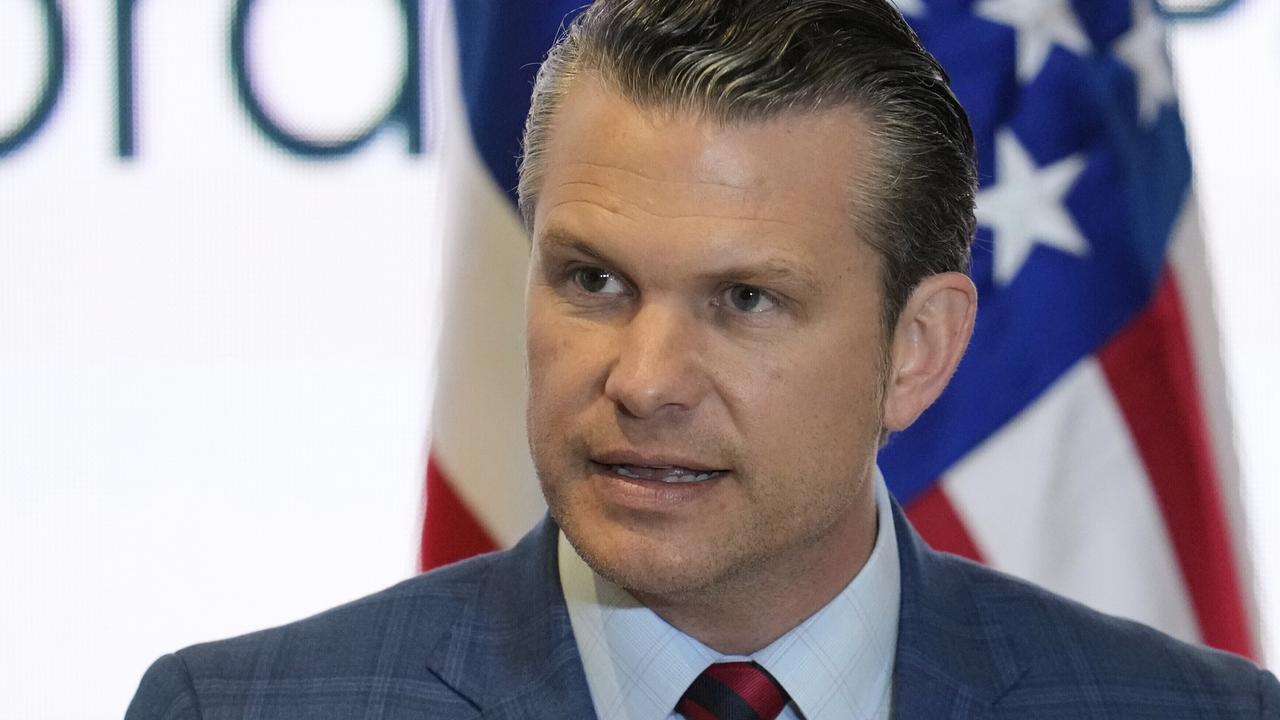Freedom is a basic human instinct, like breathing
Trump should know better than anyone that these protests in Hong Kong are about freedom.
One cannot help but wonder why the Hong Kong protests simply won’t stop. The protesters aren’t stupid. None of them wants to be beaten bloody by the police or thrown for years into a Chinese prison. They know that if Xi Jinping merely nods his head, they’re going to be crushed. Yet day after day they keep showing up.
By coincidence, a similar protest took place on Saturday in Moscow for the fifth straight weekend. Some 50,000 Russians took to the streets, as they have recurrently during the presidency of Vladimir Putin.
The weekend’s images from Hong Kong and Moscow were also eerily similar: Police in helmets and often thick, black jackets beat protesters with batons and dragged them to police wagons.
As in Hong Kong, the Russian protesters know the stakes are high. Some of their opposition leaders, such as Boris Nemtsov, have ended up dead.
In Hong Kong, the proximate cause of the protests is the extradition-to-China bill. In Moscow, it is about demands for fair city-council elections.
At that level, it almost does sound like something that, however difficult, they do need to work out themselves. But it is also hard to see these massive, daily protests in Hong Kong and not recognise that they really are about one word: freedom.
Singer Kris Kristofferson wrote that “freedom’s just another word”, and maybe today it is. One casualty of the relentless US political slog is that some important ideas — such as justice, racism, equality and respect — get so beaten into the ground, become so hackneyed, that one feels almost embarrassed to use the words.
Does Hong Kong matter? Ultimately and unhappily, the Hong Kong protesters may get not much more than admiration from the rest of the world. But we would do well to stare hard into those faces filling screens and think about the implications of their all-or-nothing fight for freedom.
Hardly any of them look older than 25. In Moscow last weekend, a young woman said, “I am 20 years old, and in my entire life there has not been a single day of freedom.” Almost no one living in the hyper-politicised US has to think that on any day of their lives.
Freedom is normally discussed in the context of mass movements or revolutions such as in America long ago. Let freedom ring. Yet a better understanding of the impulse for freedom is not primarily as the force behind mass movements but as a basic human instinct, like breathing. Let me first be free, and then, yes, we can deal with the rest ourselves.
No one should understand this more than Donald Trump. The individual impulse towards freedom was the reason many voted for his improbable candidacy in 2016. People were feeling increasingly hemmed in by their government and the prevailing culture — told too often what they should do and how they should think about the most personal matters.
Others thought voting for Trump was irrational. But like the Hong Kong protesters, choosing a seemingly irrational course looked to many in the US like the best available bust-out option. That’s what Brexit is, too — an arguably irrational lunge for freedom.
Trump and his supporters, however, should recognise that it isn’t going to be possible to put a fence around freedom. You don’t haul little kids almost 3000km across Mexico for nothing more than a job.
Yes, we “don’t do nation-building any more”. But when nations start to collapse — as in Central America, Africa or the Middle East — or when governments in places like China or Russia try to impose smothering systems on people, eruptions and flows of individuals seeking freedom will be inevitable.
The Wall Street Journal



To join the conversation, please log in. Don't have an account? Register
Join the conversation, you are commenting as Logout